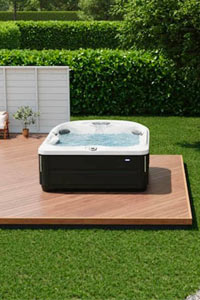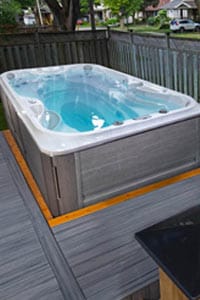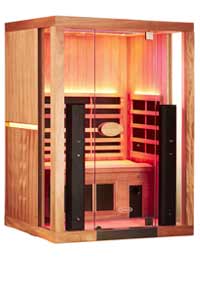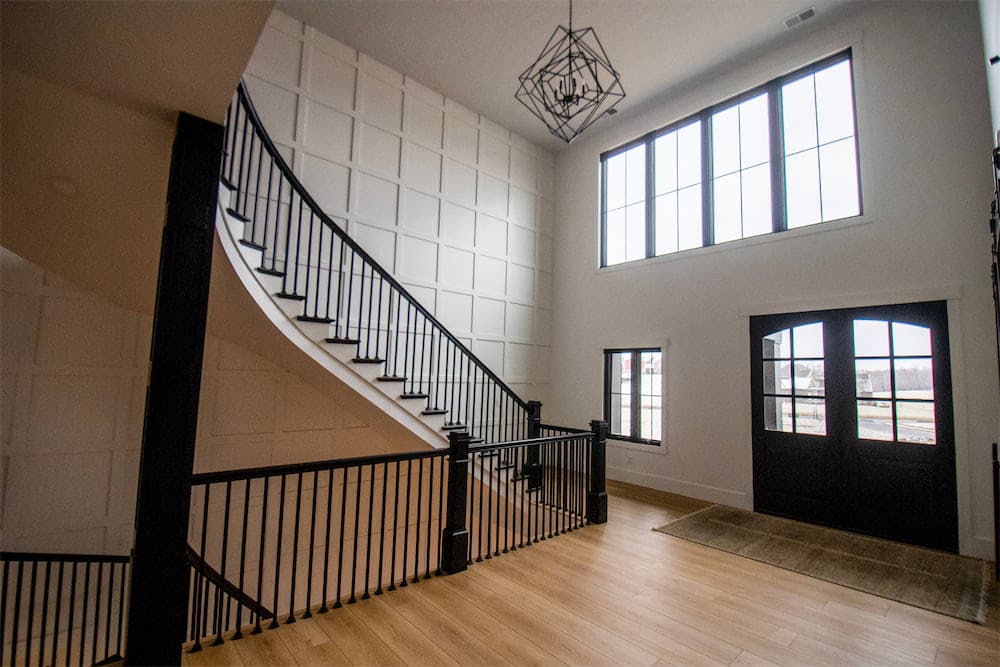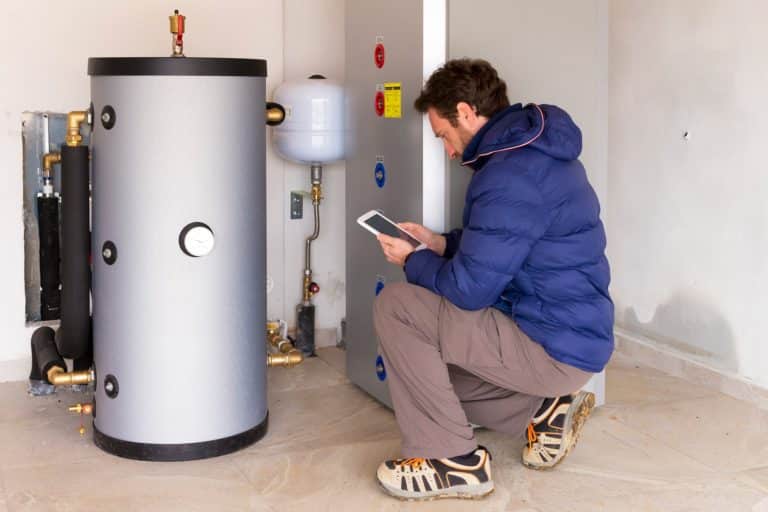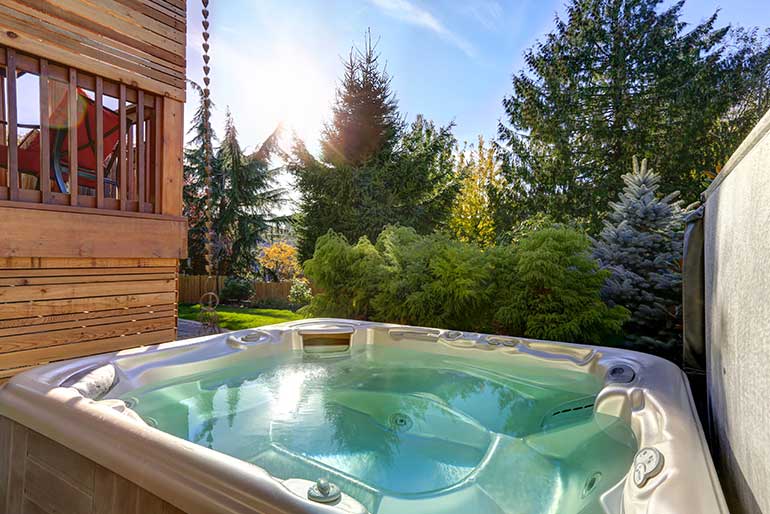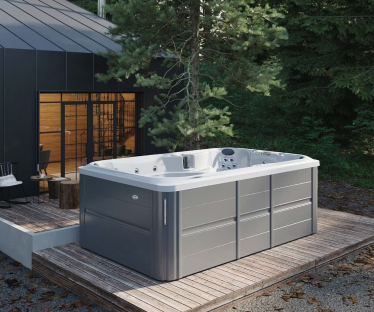Since not everyone enjoys a cold shower, a properly functioning water heater is required to ensure that the water in your shower, taps, washing machine, and dishwasher stays hot.
But how do you know if your water heater is working the way that it should?
In this article, we detail four telltale signs that it’s time to replace your water heater. Read on to learn more!
Your Unit is Over 10 Years Old
Even if your older unit is still producing hot water, chances are it isn’t very energy efficient and may be the culprit behind a high energy bill. Also, the older the unit, the more prone it is to failure, meaning that you could end up in hot water if it breaks down and needs urgent replacement.
To check the age of your water heater, the manufacture date may be listed on a service tag. If not, you can use the serial number to identify the manufacture date.
The serial number will look something like this: C061264567. The ‘C’ represents the month; in this case, ‘C’ is the third letter of the alphabet, meaning that the tank was manufactured in March, the third month. The two digits after the letter, in this example, ‘06’, alluding to the year the tank was manufactured.
If you discover your tank is over 10 years old, it’s time to get a new water heater.
You Run Out of Hot Water
If you notice that your hot water isn’t lasting as long as it used to, or if it’s running out before you’re done showering, it might be time to replace your water heater.
Over time, sediment build-up can block the water from the heat source, preventing the water from reaching optimal temperatures.
One way to prevent this is with regular water heater maintenance. It’s important to flush out your water heater once a year but remembers that the water is hot, so take care when emptying the tank.
Also, ensure that your water heater is not in a location where it will cause water damage.
You Notice Rusty Water
Rust in your hot water is a clear sign that your water heater needs to be replaced. Over time, water heaters can rust on the inside, potentially causing leaks.
To check for rust, fill up a few buckets with hot water and examine the contents. A good way of preventing rust from forming is by adding a zinc, magnesium, or aluminum anode rod to your water heater.
Remember, only rust found in hot water is an indicator of a failing water heater. If your cold water has rust, it may be an issue with your plumbing or pipes.
You Hear Strange Noises
If your water heater is making strange sounds like rumbling or banging, it might be another case of sediment build-up.
Over time, the constant reheating of sediment in your water heater causes it to harden and take up space within the tank.
Sediment build-up can make your water heater prone to failure, leaks, and cracks, so if you notice any strange noises, it might be time to arrange an appointment with a water heater maintenance specialist.
Need a New Water Heater?
If you’re in the market for a new water heater, be sure to visit one of our showrooms in West Virginia and Pennsylvania.
We carry a range of water heaters from trusted brands like AO Smith, Emax, and Noritz.
